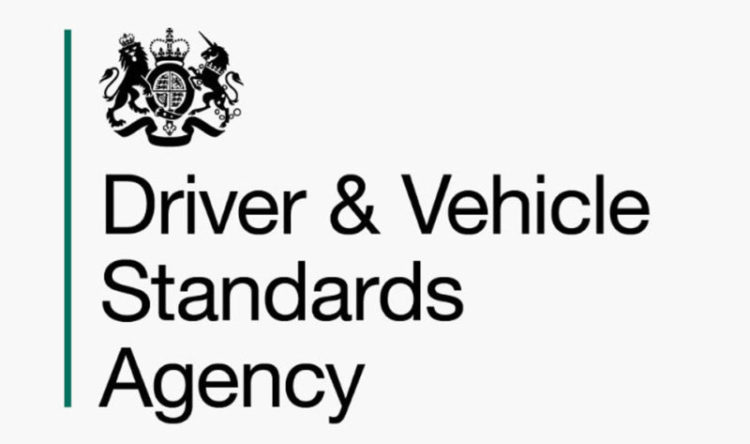Danger areas for learners
Data reveals the areas of the country where provisional licence holders are most at risk
The most dangerous regions for learner drivers
|
Rank |
Postcode Area |
Total number of provisional licence holders |
Number of reported road accidents involving drivers with a provisional licence |
Number of provisional licence holders involved in road accidents per 10,000 |
|
1 |
Colchester |
46,424 |
117 |
25.20 |
|
2 |
Guildford |
80,847 |
164 |
20.29 |
|
3 |
Preston |
58,158 |
91 |
15.65 |
|
4 |
Plymouth |
63,834 |
88 |
13.79 |
|
5 |
Canterbury |
63,416 |
78 |
12.30 |
|
6 |
Exeter |
57,007 |
69 |
12.10 |
|
7 |
Tunbridge Wells |
75,135 |
77 |
10.25 |
|
8 |
Hull |
64,254 |
57 |
8.87 |
|
9 |
Dundee |
35,742 |
31 |
8.67 |
|
10 |
Medway |
79,502 |
66 |
8.30 |
Further findings
Colchester and Guildford are the two most dangerous regions in the U.K. for learner drivers, being the only regions to have over 20.00 road accidents per 10,000 people with provisional licences.
They are followed by Preston which has 15.65 road accidents per 10,000 people.
Even though Colchester has 25.20 accidents per 10,000 people, with provisional licenses and Guildford only has 20.29, Guildford still has the highest number of reported road accidents involving drivers with a provisional licence – 164 accidents reported.
Guildford, Colchester, Preston, Plymouth, and Birmingham are the only areas to have over 80 reported road accidents involving drivers with a provisional licence.
Peterborough and Darlington were discovered to be the least dangerous areas for learner drivers with both regions being the only two to have less than 1.0 provisional licence holders involved in road accidents per 10,000.
Taking the right steps forward
Stop the car, it is illegal to drive away from the scene of a crash, whether the damage is severe or not.
Turn off your engine and turn on your hazard lights.
Check for injuries on yourself and any passengers in the vehicle. Even if no one is hurt, note down the condition of all parties at the scene as this could be helpful if someone tries making an injury claim against you.
Dial 999 for an ambulance if anyone is injured, or notify the police if the road is blocked.
Exchange details with everyone involved, including name, address and car registration number.
Do not admit fault, even a simple apology can be used against you when making a compensation claim.
Getting back on the horse (power)
Talk to someone – for some people, talking about anxieties and fears can help to work through difficult emotions surrounding the crash, and dispel nerves about driving again.
Give yourself time -the recovery period for any traumatic event takes time, and trying to drive again before you are ready can do more harm than good. For some people it takes days and for others months, however, the best thing to do is wait until you feel ready to drive.
Take some driving lessons – driving lessons are not just for those learning to drive, but can be helpful for anyone recovering from a road collision. If you feel a loss of confidence or a decline in your driving skills, refresher driving lessons could be your answer to getting back on the roads.






